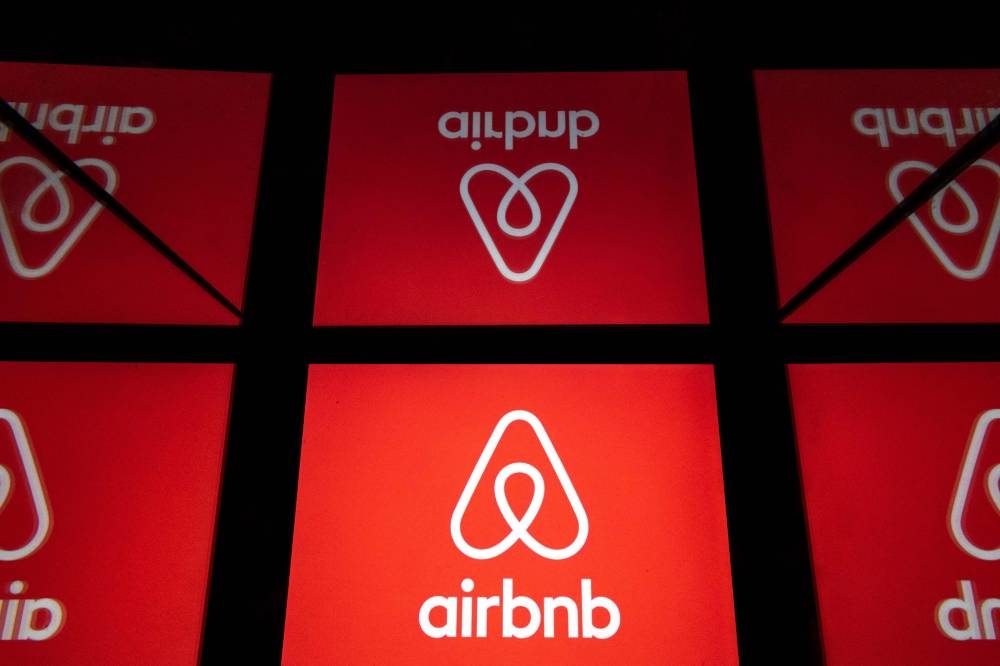Airbnb urges Penang government to reconsider proposed short-term rental proposal
GEORGE TOWN, August 5 – Global hotel company Airbnb wants the Penang government to reconsider the proposed Short-Term Rental Accommodation (STRA) proposal over fears it could affect the recovery of the tourism industry and the economy. state economy.
Mich Goh, Airbnb’s head of public policy for Southeast Asia, India, Hong Kong and Taiwan, said she was concerned the draft proposal would make it difficult for Malaysians to generate income.
“During a public dialogue with Penang Housing and Local Government Committee Chairman Jagdeep Singh Deo on July 28, Airbnb and members of its host community discussed and provided feedback on the proposals. local residents’ council and joint management body (JMB) regarding the activities of STRA.
“We (Airbnb) have expressed concern about Jagdeep’s proposal to local JMBs to put in place a strict limit on STRA activities of up to three nights a week and 180 nights a year and to prevent STRAs in commercial buildings at unless 75% of owners are present at a general meeting to vote to authorize STRA,” she said in a statement here today.
Goh also said the proposal would make it difficult for domestic and international travelers to explore the region and indirectly affect Penang’s ability to remain competitive.
She said they urged Jagdeep to allow STRA activities to continue in commercial buildings and that JMB and property owners can introduce relevant laws for STRA activities in buildings.
“State-level STRA guidelines should encourage the tourism industry instead of restricting Penang’s tourist activities. We strongly believe that STRA can and should be regulated in a fair and balanced manner to the benefit of all stakeholders,” she said.
Earlier, Jagdeep reportedly said that the state government will introduce operating guidelines for private homestays (homestays) in the stratified ownership program and the above ground housing program, which is expected to come in effective at the beginning of January next year.
The guidelines were developed in conjunction with local authorities and relevant agencies in December last year and are now over 90% complete. — Bernama


Comments are closed.